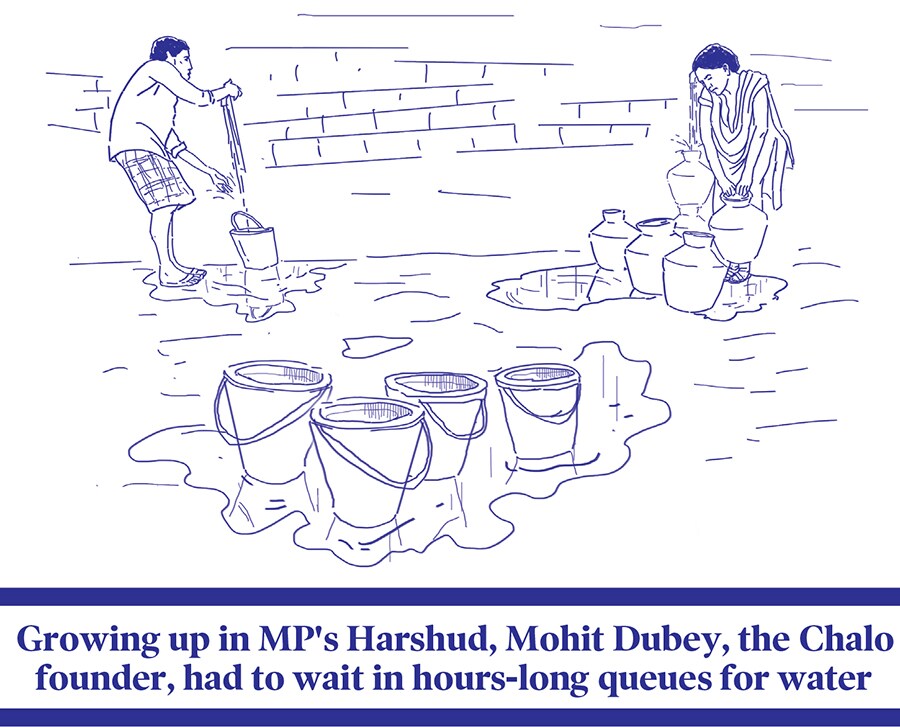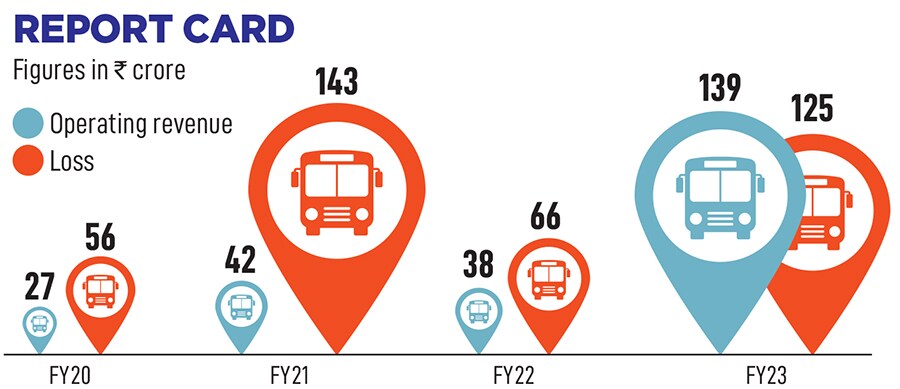
How Mohit Dubey's hustle and adaptation moves Bharat with Chalo
Influenced by the constraints of growing up in a small town and disciplined by a regimented way of life in a boarding school, Mohit Dubey learnt to relate to the plight of millions. In Chalo, he has built a bus tracking and ticketing platform for Bharat and India
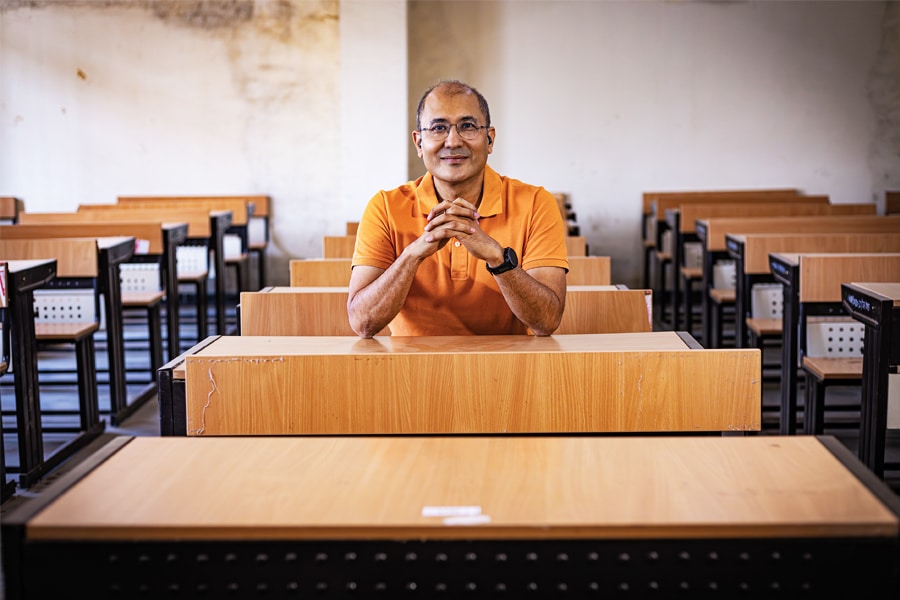 Mohit Dubey, Cofounder and CEO, Chalo
Image: Akashdeep Varma for Forbes India
Mohit Dubey, Cofounder and CEO, Chalo
Image: Akashdeep Varma for Forbes India
1983, Harshud, Madhya Pradesh. Mohit Dubey was standing in a queue for an hour. There were many who were patiently waiting in the serpentine row for over two hours. “The sight of the neatly-lined up water buckets was fascinating,” recalls Dubey, who was nine years old then. With no water supply in Harshud, tankers used to come twice a week on Monday and Thursday. This Monday, they got delayed. The young boy, though, had little to complain about. The screeching noise of the railway track, which was close to the place where the tankers got parked, and constant chatter of the ones sweating it out in the line, kept Dubey hooked. “I used to talk and mingle a lot,” he recounts.
What also kept the boy busy was putting in extra hours in studies. Born in Narsinghpur in Madhya Pradesh, Dubey’s family shifted to Harshud, from where he completed his schooling till class V. “You start valuing things much early in life if you are born in a place that doesn’t have water,” says Dubey, who used to cycle six kilometres one way to reach school. “Electricity, too, was a luxury and privilege,” he says, adding that his father gave education a top priority. He was employed in an agricultural department of the state, and wanted his son to have a bright academic future.
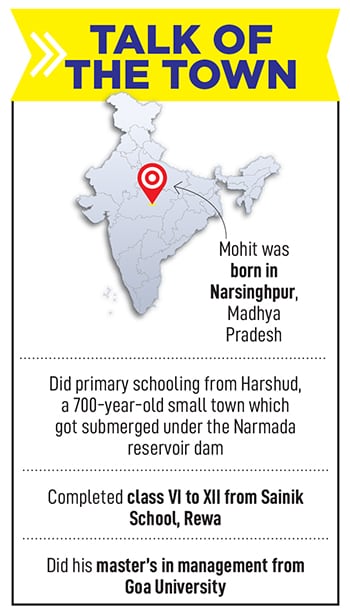 Future definitely was the only reason why Dubey’s father decided to put him in Sainik School. Residential schools affiliated to CBSE and run by the defence ministry, Sainik Schools were slowly being looked up to as a ticket to a bright future. The one in Rewa had better infrastructure, offered impressive opportunities and boasted highly qualified teachers than what Dubey had access to till then. The boy started a new innings in class VI. “I am doing what is best for you,” the father told his son about the apparently harsh decision of exposing him to the hostel way of life at a young age. “Remember, when you grow up, you too must do what is best for you and society,” was his life-changing advice.
Future definitely was the only reason why Dubey’s father decided to put him in Sainik School. Residential schools affiliated to CBSE and run by the defence ministry, Sainik Schools were slowly being looked up to as a ticket to a bright future. The one in Rewa had better infrastructure, offered impressive opportunities and boasted highly qualified teachers than what Dubey had access to till then. The boy started a new innings in class VI. “I am doing what is best for you,” the father told his son about the apparently harsh decision of exposing him to the hostel way of life at a young age. “Remember, when you grow up, you too must do what is best for you and society,” was his life-changing advice.
Dubey’s life, indeed, was about to change dramatically. “Suddenly I was on my own,” recounts Dubey, who started getting a hang of an independent and regimented way of life. From competing with boys from the top cities to standing up to the rowdy ones who would bully him because of his short height, Dubey was learning a new way of life. “I lived with two options at the hostel for seven years,” he says, alluding to his stint at boarding schools. “Either I had to eat, or I was free to stay hungry,” he smiles, referring to lack of choice in the mess unlike home where he was pampered by his mother.
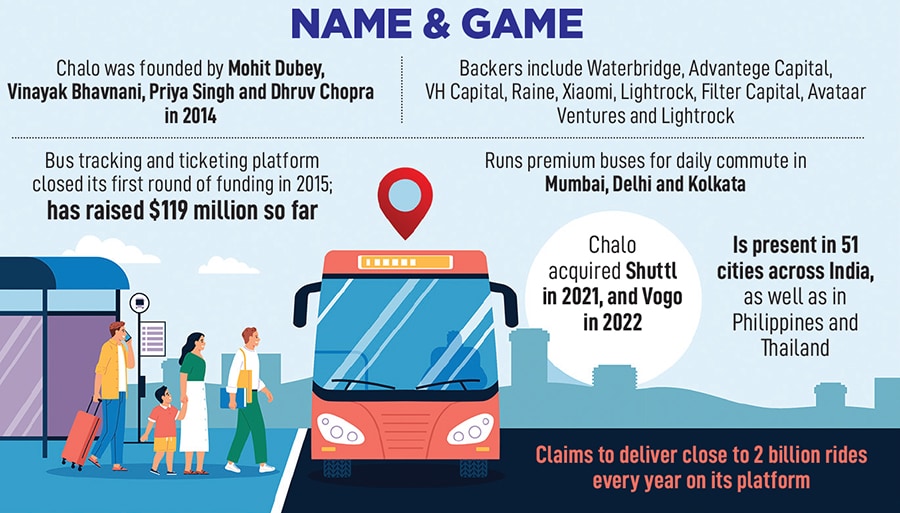 Fast forward to 2001. Dubey again had tryst with two choices. The software programmer had just got his prized US visa, and decided to spend three months with his in-laws in Bhopal before joining his overseas job. During the period, he joined a small company which provided citizen-centric services to villagers such as getting a birth certificate and a copy of land records. During one of his visits to a remote hamlet, he discovered a shocking side of the countryside: People didn’t have access to doctors; one had to wait for hours to get a bus; and many died because they couldn’t reach the city hospitals on time. Dubey dumped his US dream. “Dying due to lack of health care access is outrageous,” he said to himself, and decided to take a stab at telemedicine to solve rural India’s woes.
Fast forward to 2001. Dubey again had tryst with two choices. The software programmer had just got his prized US visa, and decided to spend three months with his in-laws in Bhopal before joining his overseas job. During the period, he joined a small company which provided citizen-centric services to villagers such as getting a birth certificate and a copy of land records. During one of his visits to a remote hamlet, he discovered a shocking side of the countryside: People didn’t have access to doctors; one had to wait for hours to get a bus; and many died because they couldn’t reach the city hospitals on time. Dubey dumped his US dream. “Dying due to lack of health care access is outrageous,” he said to himself, and decided to take a stab at telemedicine to solve rural India’s woes.




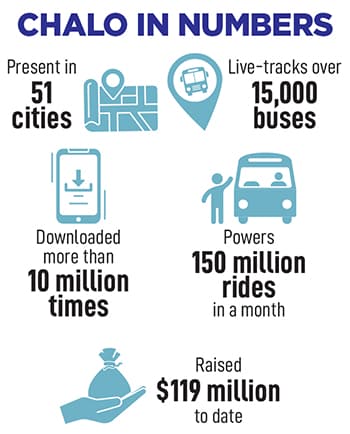 The idea was to connect distant villages with district hospitals. The problem, though, was that few believed in his idea. For three years, Dubey made futile attempts to convince government officials and politicians, but to little avail. Rejections didn’t bother him. The reason to overcome the fear of rejection was his formative upbringing, and stint at the boarding school. From being rejected by seniors to becoming a part of the group, to being denied extra pocket money, to being not able to clear the IIT entrance… Dubey had a long innings of ‘nays’ in his life. Meanwhile, after his telemedicine venture didn’t get the green light, two years later, he co-founded CarWale, an automotive classified portal in 2005.
The idea was to connect distant villages with district hospitals. The problem, though, was that few believed in his idea. For three years, Dubey made futile attempts to convince government officials and politicians, but to little avail. Rejections didn’t bother him. The reason to overcome the fear of rejection was his formative upbringing, and stint at the boarding school. From being rejected by seniors to becoming a part of the group, to being denied extra pocket money, to being not able to clear the IIT entrance… Dubey had a long innings of ‘nays’ in his life. Meanwhile, after his telemedicine venture didn’t get the green light, two years later, he co-founded CarWale, an automotive classified portal in 2005.